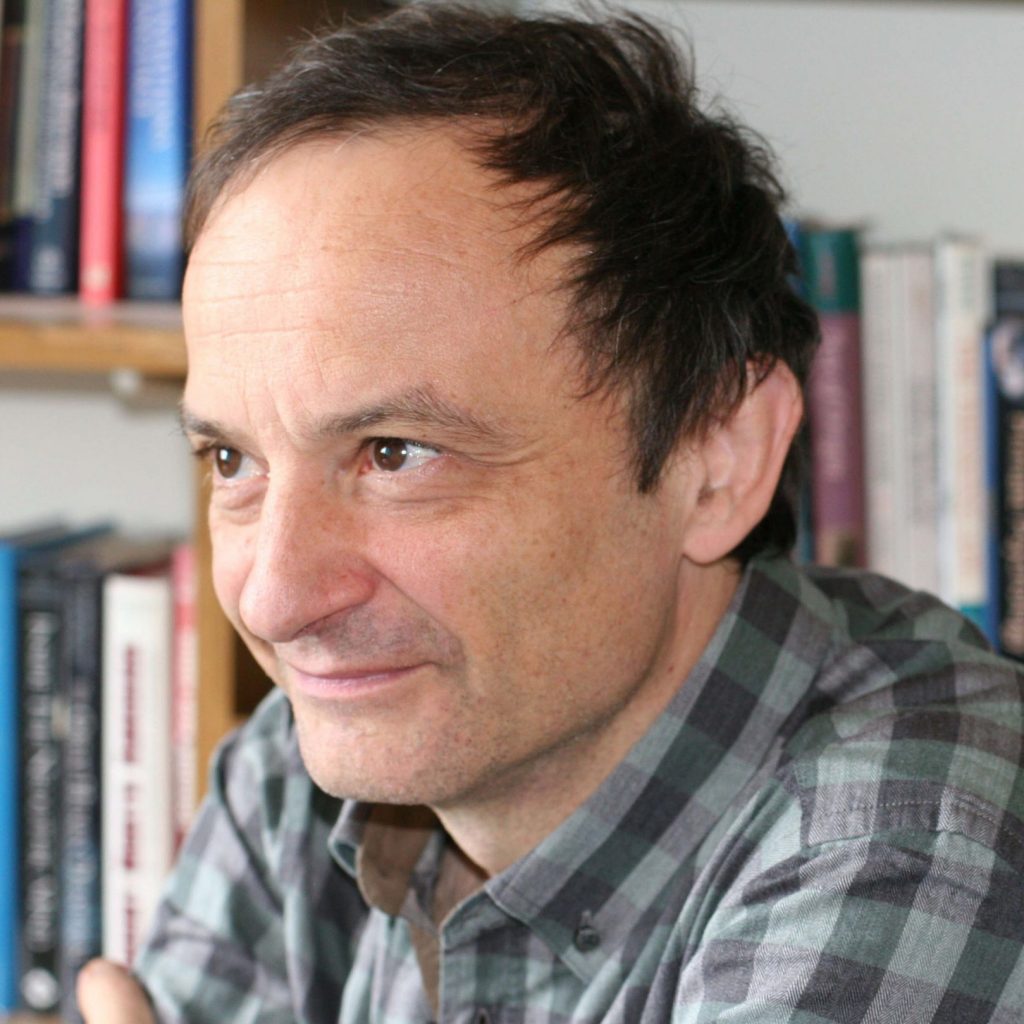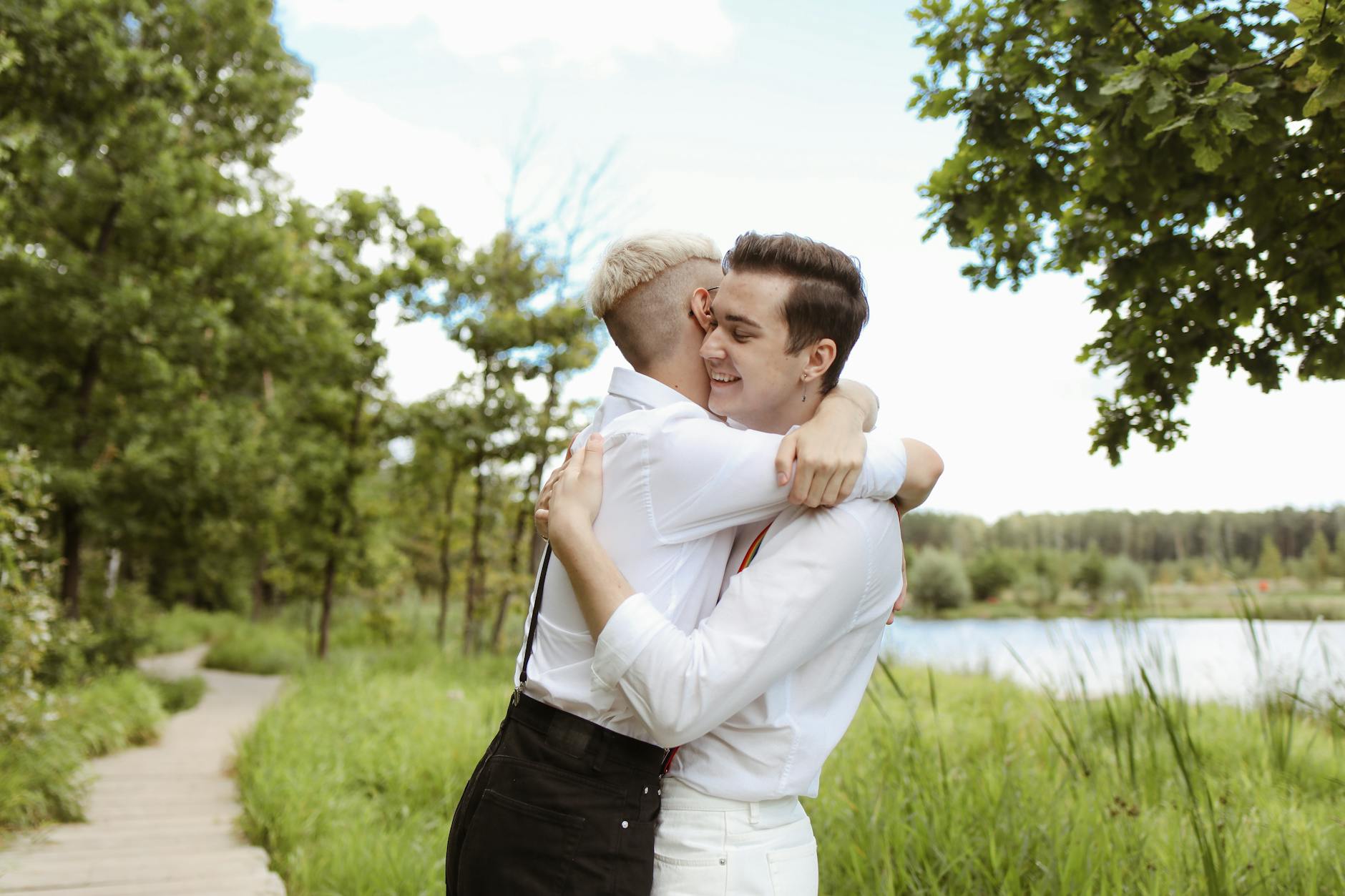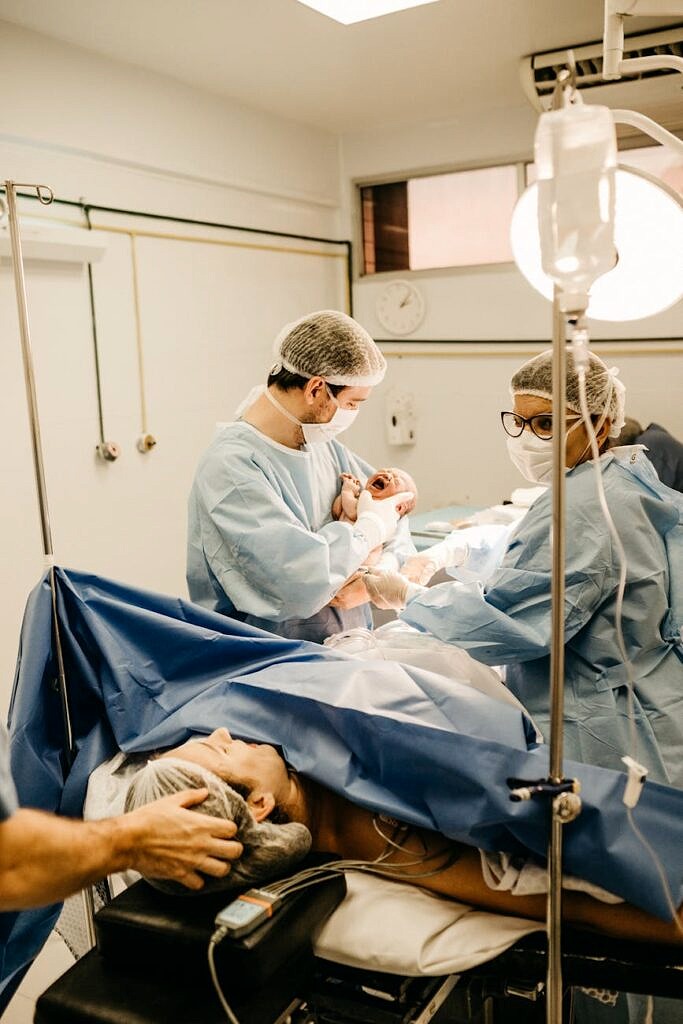L’orientation homosexuelle est un paradoxe darwinien, car elle est héritable et associée à un fort coût reproductif, tout en étant relativement fréquente, pour les hommes et les femmes. Non décrite dans les espèces animales sauvages, la préférence homosexuelle semble cantonnée à l’espèce humaine, même si elle n’est pas présente dans tous les groupes culturels, particulièrement en fonction du degré de stratification sociale. Il s’agit de comprendre s’il y a sélection directe ou indirecte (comme la pléiotropie), et d’établir les conditions d’émergence et de maintien de ce trait.
Références :
Raymond, M., Crochet, P.-A. 2022. Carving non-proximal explanations for same-sex sexual orientation. Archives of Sexual Behavior, :doi 10.1007/s10508-022-02497-z
Michel Raymond, Daniel Turek, Valérie Durand, Sarah Nila, Bambang Suryobroto, et al.. Increased birth rank of homosexual males: disentangling the older brother effect and sexual antagonism hypothesis. 2023. Peer Community Journal, vol. 3, article no. E22.
Suire, A., Tognetti, A., Durand, V., Raymond, M., Barkat-Defradas, M. 2020. Speech acoustic features: a comparison of gay men, heterosexual men, and heterosexual women. Archives of Sexual Behaviour, 49:2575-2583.
Nila, S., Crochet, P.-A., Barthes, J. Rianti, P., Juliandi, B., Suryobroto, B., Raymond, M. 2019. Male homosexual preference: femininity and the older brother effect in Indonesia. Evolutionary Psychology, October-December 2019:1-10.
Nila, S., Barthes, J., Crochet, P.-A., Suryobroto, B., Raymond, M. 2018. Kin selection and male homosexual preference in Indonesia. Archives of Sexual Behavior, 47:2455-2465.
Barthes, J., Crochet, P-A., Raymond, M. 2015. Male homosexual preference: Where, when, why?. PLoS ONE, 10:e0134817.
Barthes, J. Godelle, B. Raymond, M. 2013. Human social stratification and hypergyny: toward an understanding of male homosexual preference. Evolution and Human Behavior, 34:155-163.


La biologie évolutive humaine, en bousculant les barrières traditionnelles (mais arbitraires) entre ...More



